Considering Deferring Your Share of Your Employees’ Social Security Tax?
TAX – Employee Tax Deferral
Social security taxes are among the biggest tax burdens faced by employers and employees alike, with both of you paying the IRS 6.2%, for a total tax rate of 12.4%. Since March 27th, under the CARES Act, employers have been able to defer the employer portion of the SS tax, and a more recent Executive Order, effective 9/1/20, allows you to defer the employee portion.

Deferring Social Security Tax (for your W2 Employees)
But if you’re considering whether to defer your share of employees’ social security tax, there are some things you should know.
So, both deferrals extend through December 31st, but while 50% of the employer portion must be repaid by 12/31/21 with the remainder due by 12/31/22, the employee portion of the deferred SS tax must be repaid “ratably” from wages received from 1/1/21 through 4/30/21 – this means that impacted employees will pay 12.4% SS tax during this four-month period.
In addition to what essentially amounts to a temporary pay cut for employees, the limited scope of the Executive Order introduces a plethora of potential problems for employers. If an impacted employee quits or is fired, you may be responsible for repaying their portion of the deferred tax. The IRS has also acknowledged that the SS tax relief will affect data reporting on your taxes, though additional guidance is pending.
Luckily, Notice 2020-65, issued by the IRS, clarified that deferring the employee portion of the SS tax is optional, and the decision belongs to you, the employer; an employer is not obligated to implement a deferral, even if the employee requests it.
The decision is yours – but we’re here to help you determine what makes the most sense for your business, and that’s why we created 5 Tax Mistakes That Cost You Thousands that you can download for free if you’re interested in learning how to avoid some common – but costly! – tax mistakes.



